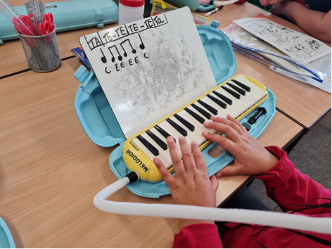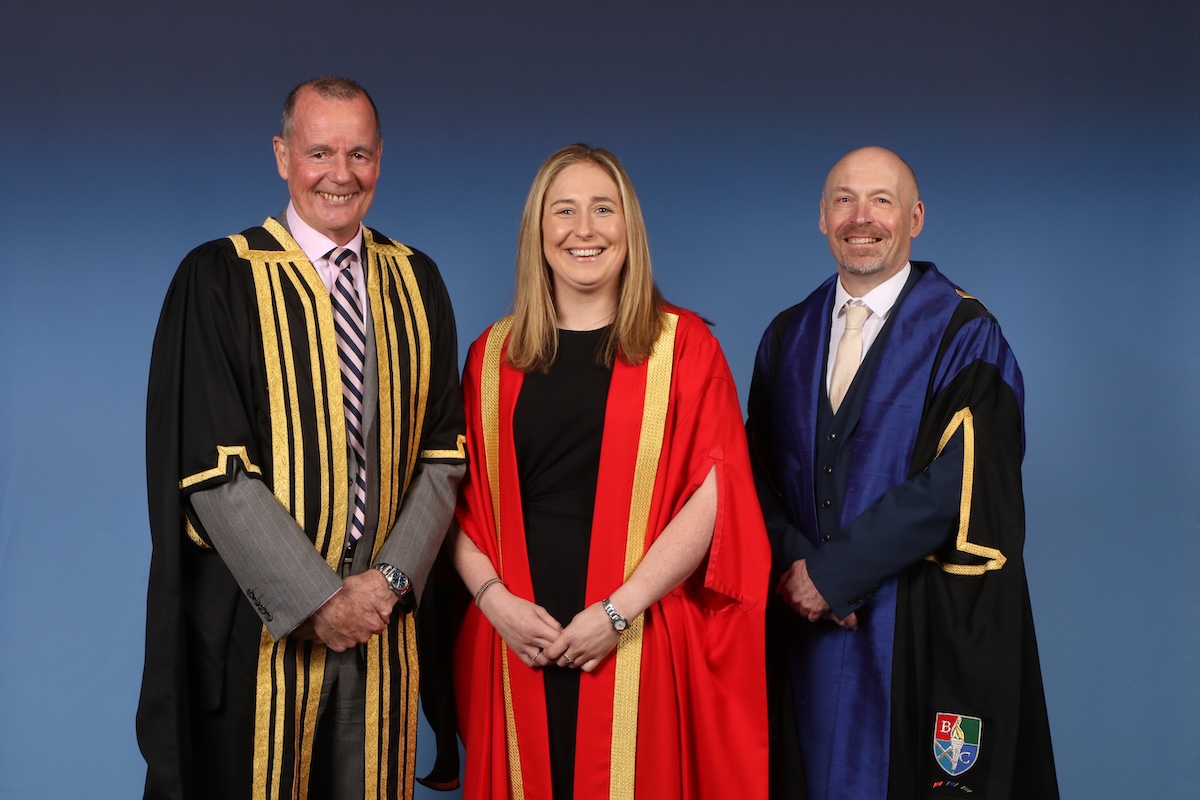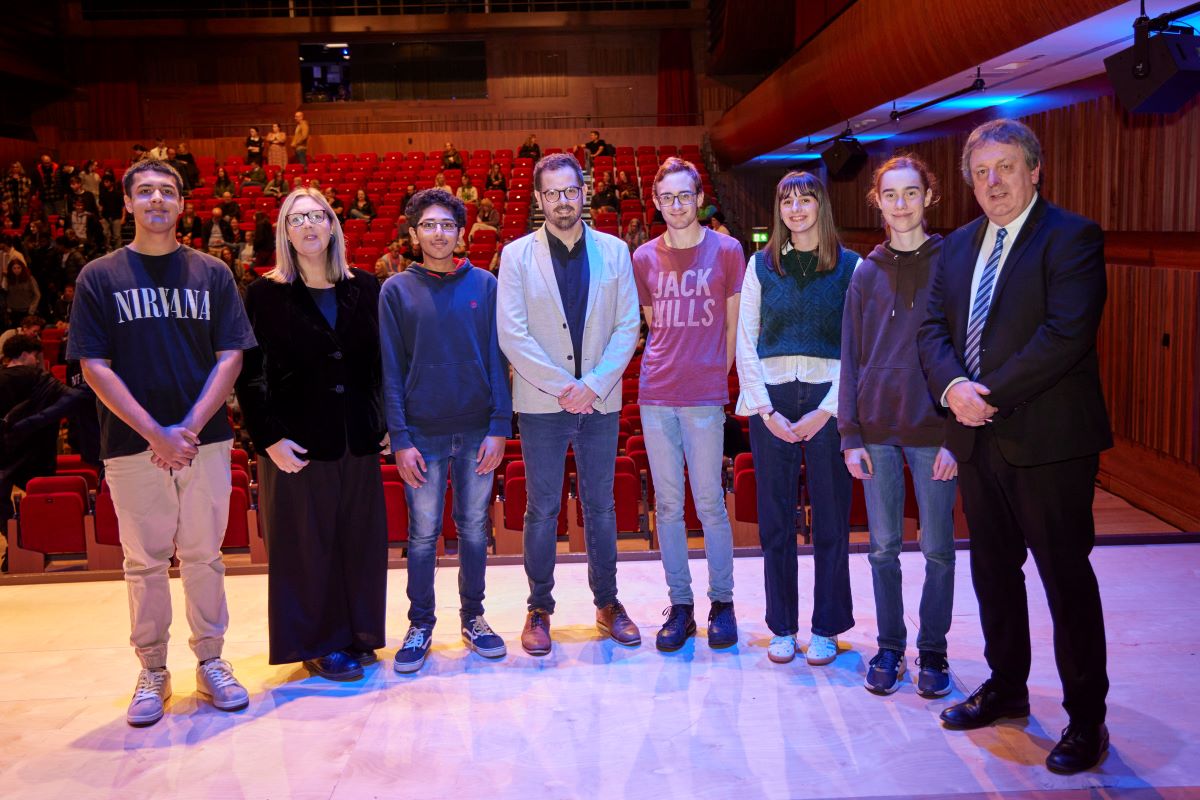A new starter instrument for the United Kingdom’s next generation of musical virtuosos

Classical music has its fair share of unusual instruments that have not always grabbed the headlines. How many music connoisseurs can hum the subject to Haydn’s Fugue in C Major for Mechanical Clock? Which Mozart lovers claim the Adagio for Glass Harmonica as his greatest slow movement? Where can you book a principal Musical Saw player for the Second Movement of Khachaturian’s Piano Concerto and which is the most recognisable instrument in Martinů’s Fantasia for Theremin, Oboe and String Quartet?
It is no secret that music education in the UK has suffered as a result of cuts in budgets, and the pandemic has only further reduced opportunities for British children to engage with music. It is vital that music education survives in schools, if not for the personal, social and educational benefits to students, then for the cultural importance of maintaining the high standard of the UK’s musical pedigree.
Fortunately, an innovative music education initiative, the National Keyboard Studies Programme, funded by the Hamish Ogston Foundation, has found an ingenious, engaging and low-cost solution to prevent the rapid decline in UK music education – the melodica.
A hidden gem of an instrument, also known as the ‘Melodion’ by the leading manufacturer of music education supplies, Suzuki, will not be consigned to the side-lines of music history. The melodica is a hand-held keyboard instrument, powered by blowing air through an attached mouthpiece. It has featured in wide-ranging musical styles from minimalist works by composer Steve Reich to arrangements by Grammy Award winning musician Jacob Collier. This neat little instrument is also played by Brazilian multi-instrumentalist Hermeto Pascoal and has featured in songs by Reggae musician Augustus Pablo.
The popularity of the Melodica is soon to be more widespread as it is now appearing in classrooms in the UK, resonating with the country’s youngest musicians through the innovative music education initiative, The Keyboard Studies Programme. Initially established by the Diocese of Leeds, the programme has followed the example of countries such as Japan and Germany and is using the melodica as a starter instrument for young musicians learning their first tricks in the music trade. The advantages of starting aspiring musicians in primary schools on the melodica are clear: as a fun, portable, inexpensive, zero-maintenance instrument, the melodica is extraordinarily resilient to increasingly stretched school budgets and storage facilities.
The programme itself benefits from a simple structure which gives students a clear progression route from the melodica to the accordion, piano and then the organ. Built into the programme is the aspiration to furnish children with the foundations to be skilful, multi-talented individuals who might even go on to study at top international universities or conservatoires.
The idea of providing young people with the possibility of a long-term trajectory resonates with the programme’s sole supporter, the Hamish Ogston Foundation. The Keyboard Studies Programme is supported by the Foundation, which has provided £750,650 over five years to establish the largest and highest-quality teaching school in the UK for keyboard instruments, using the melodica for whole-class primary school teaching.
Currently, the Keyboard Studies Programme reaches 830 pupils within the whole-class programme and 150 individual lessons are being given to students who have gone on to study the accordion, piano and organ. This initiative is not only about providing the UK’s next generation of musicians with their first access point in music, but also a framework for those who want to progress.
The fact that the team of progressive music educators in Leeds are making this programme work with such success bodes well for the rest of the UK. Looking to the future, there are now plans for the expansion of The Keyboard Studies Programme alongside the current roll out of the National Schools Singing Programme. The Singing Programme is another musical initiative supported by The Hamish Ogston Foundation which is bringing expert-led singing sessions into Catholic state schools across the UK with schools in Dioceses from Portsmouth to Aberdeen all taking up the cause. At the inaugural National Schools Singing Programme Conference in early March, Hamish Ogston announced the Foundation’s intention to provide funding for further Keyboard Studies Programmes in areas that had established financially sustainable Singing Programmes.
With the combined efforts of both programmes, the UK could see a true renaissance with regards to its provision for music in schools. The intervention of the Hamish Ogston Foundation is timely. It is no secret that music budgets in schools have suffered severe cutbacks over several years and the pandemic has had a catastrophic effect on the music industry. Last year, a report by researchers at Birmingham University predicted cuts in government funding could result in A-levels in Music completely disappearing in some regions of the UK in just over a decade; another report by Ofsted showed that average access to musical education in state schools is worse now than it was even 30 years ago. The financial support and the strategic thinking being carried out provides a much-needed remedy to such musical maladies.
Christopher Potts, Programme Manager (Music) for the Hamish Ogston Foundation commented:
“Through the philanthropic vision of the Hamish Ogston Foundation and the brilliance of the staff involved in delivering the Keyboard Studies Programme, a new era of musical prodigies beckons. That all-important first instance of musical ignition might now happen at a classroom desk with a melodica poised on top ready for deployment. The end goal could be at the console of one of the UK’s finest organs or behind a mighty Steinway Model D in a major concert hall. The possibilities are limitless for our next generation of musicians.”











Responses